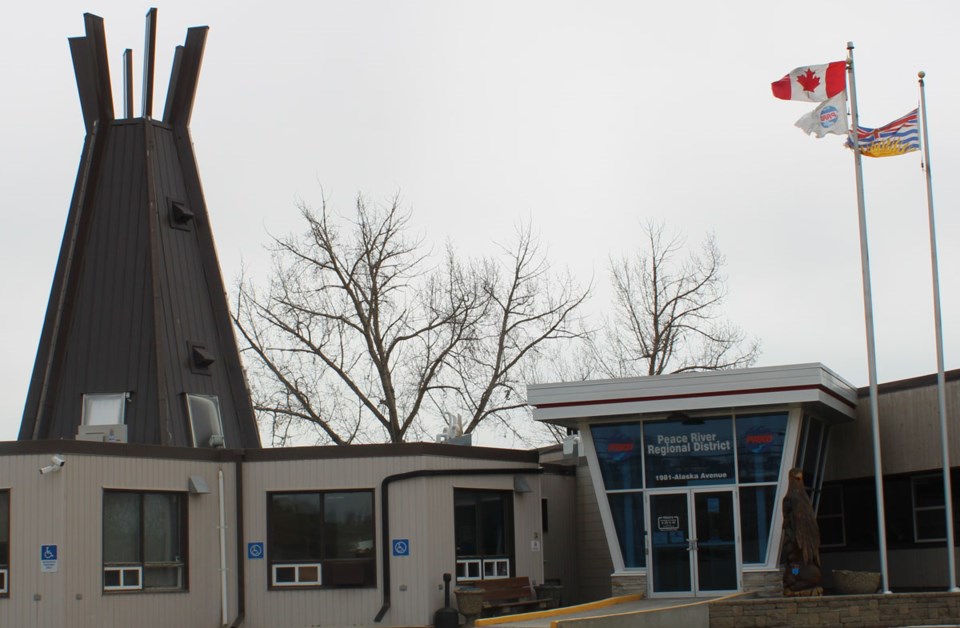The Peace River Regional District has deferred the establishment of two full-time positions within their community services department, an emergency program officer, and an emergency program coordinator, needed to meet new responsibilities set out by the revised Emergency Disaster and Management Act.
Directors cited an increased tax burden to rural residents and a dissatisfaction with the province's pushing of the new legislation as reasons for the deferral during their Jan. 25 meeting.
The item will be revisited at their Feb. 8 board meeting, following an Electoral Area Directors’ forum held by the Union of BC Municipalities on Jan. 30 and 31.
PRRD CAO Shawn Dahlen said two positions is light when considering the amount of work needed, as the PRRD is one the largest regional districts in BC at 120,000 square kilometres, but noted staff and himself will be 'on pause' until the board sets a clear direction.
"My team is not going to put any more resourcing towards this until I have clear board direction as to how we're going to proceed," he said. "So, we've invested a lot of time since November 8th, when this legislation rolled out to try to start to lay the framework to adhere to the legislative requirements of the province."
Any new roles would likely become embedded into the PRRD, just to keep up with the legislative requirements, explained Dahlen.
Electoral Area E Director Dan Rose said he's not in favour of hiring anyone at present, and would like to see if there's any consequences in not hiring.
"We don't know what the penalties might be or what they might not be. I'd like to see the province come out with some engagement to try and create some buy-in from the public, and have them stand up and sell their legislation," he said.
"We need to learn what the repercussions are if we don't," added Rose. "Because right now, I think if you have push back from most of the rural part of the province on this, then they're going to have to come out either with a bigger stick to try and force us into line or they're going to have to back off, or provide some kind of funding."
Electoral Area B Director Jordan Kealy suggested the deferral, and noted it's rural areas that would shoulder additional tax costs incurred by the act.
"It's the rural areas that are going to have to deal with this, and in all honestly, if I'm an area director does that now mean that I'm an enforcement officer? I don't even know what I'm getting myself into, and what we're hiring these people for, we don't even know what their job is, in a detailed manner," he said. "So, why are we hiring positions when we really don't know the information?"
He added that money could be better spent on fire suppression equipment, and further noted that fires are still burning in Northern B.C. with no indication from the province when they'll be out.
Fort St. John Mayor Lilia Hansen agreed that rural residents end up paying for it, and said it's another case of the PRRD being forced to advocate for, or explain legislation they don't agree with. She also suggested any hires should be temporary, and ideally, help their Emergency Operation Centres.
Pouce Coupe Mayor Danielle Veach said while she understands the need for the new positions, and saw how much staff time was devoted to managing emergencies during the wildfire season, directors have voiced their opposition to the act, and the new positions would be enforcing legislation that the PRRD is currently questioning.
"It's the fact this new act has got everybody riled up, the public is concerned about it, the board is very concerned as well, and so to bring people in that are going to be enforcing the act that none of us are currently supporting, doesn't really make sense either," she said.




